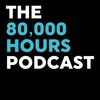

80,000 Hours Podcast
Rob, Luisa, and the 80000 Hours team
Unusually in-depth conversations about the world's most pressing problems and what you can do to solve them.
Subscribe by searching for '80000 Hours' wherever you get podcasts.
Hosted by Rob Wiblin and Luisa Rodriguez.
Subscribe by searching for '80000 Hours' wherever you get podcasts.
Hosted by Rob Wiblin and Luisa Rodriguez.
Episodes
Mentioned books
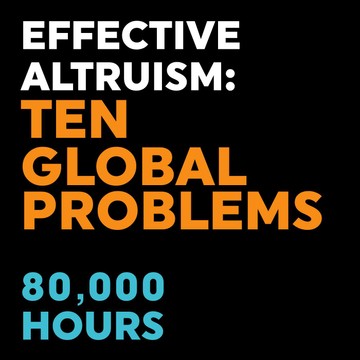
Oct 20, 2021 • 3min
We just put up a new compilation of ten core episodes of the show
Explore solutions for pressing global issues like education in the developing world and the dangers of climate change. Discover innovative technologies aimed at preventing pandemics and strategies to tackle systemic problems like police misconduct. Delve into the ethical challenges of factory farming, the dual-edged nature of artificial intelligence, and existential threats such as nuclear war. This compilation is a perfect introduction to effective altruism, making complex ideas accessible for everyone.
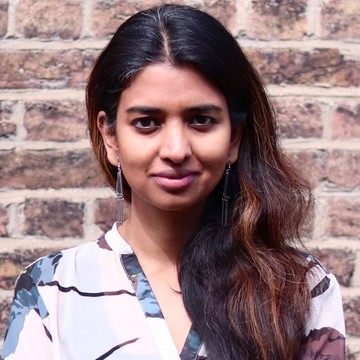
Oct 18, 2021 • 2h 6min
#113 – Varsha Venugopal on using gossip to help vaccinate every child in India
Varsha Venugopal, Co-founder of Suvita and former World Bank employee, dives into the pressing issue of child vaccinations in India. She reveals that 80% of undervaccinated children receive some shots but often miss crucial ones due to life's distractions. Varsha advocates for using local gossips as community influencers, alongside innovative SMS reminders, to boost vaccination rates. She discusses behavioral economics and the simple nudges that can significantly enhance parental engagement in immunization efforts, driving home the need for effective, evidence-based interventions.

5 snips
Oct 5, 2021 • 3h 49min
#112 – Carl Shulman on the common-sense case for existential risk work and its practical implications
Carl Shulman, a research associate at Oxford's Future of Humanity Institute and an expert in existential risk, dives deep into the practical importance of mitigating threats to humanity. He argues that addressing risks, like pandemics and AI, is not just philosophical but a matter of common sense, given the staggering costs of potential disasters. Shulman critiques public preparedness, emphasizes proactive strategies for food security, and discusses the urgency of innovation in biosecurity, painting a vivid picture of our precarious future.
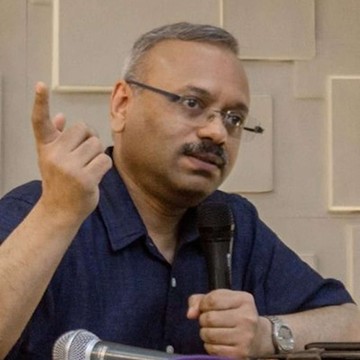
20 snips
Sep 10, 2021 • 3h 20min
#111 – Mushtaq Khan on using institutional economics to predict effective government reforms
Mushtaq Khan, a Professor of Economics at SOAS University of London and leader of the Anti-Corruption Evidence Research Consortium, delves into the complex world of institutional economics and corruption in developing countries. He discusses the devastating impact of oil theft in Nigeria's Niger Delta and how community dynamics influence corruption. Highlighting the need for tailored policies, Khan argues that enhancing organizational capabilities is crucial for effective governance and economic reform, rather than relying solely on anti-corruption measures.
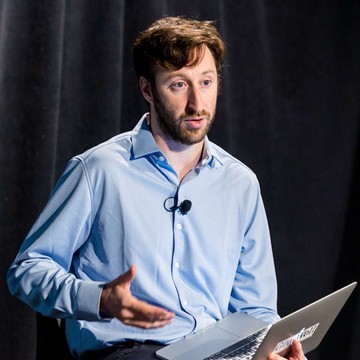
11 snips
Aug 26, 2021 • 2h 46min
#110 – Holden Karnofsky on building aptitudes and kicking ass
Holden Karnofsky, co-founder of GiveWell and Open Philanthropy, shares his unique perspective on career planning focused on fostering adaptable aptitudes instead of rigid job titles. He discusses the importance of developing transferable skills that can be utilized across various roles and industries. The conversation highlights how flexibility contributes to impactful careers in AI and philanthropy. Karnofsky also reflects on the challenges of communicating complex philanthropic concepts and the balance between immediate aid and long-term solutions in funding strategies.

11 snips
Aug 19, 2021 • 2h 19min
#109 – Holden Karnofsky on the most important century
Holden Karnofsky, the co-founder of GiveWell and Open Philanthropy, discusses the pivotal nature of the 21st century in shaping humanity's future. He challenges the idea of a boring future, arguing that we must embrace innovative thinking in philanthropy and beyond. The conversation touches on the rapid economic growth post-industrial revolution, the ethical considerations of AI, and the potential for technological advancements to influence our trajectory. Karnofsky also emphasizes the urgency of long-termism in addressing existential threats.
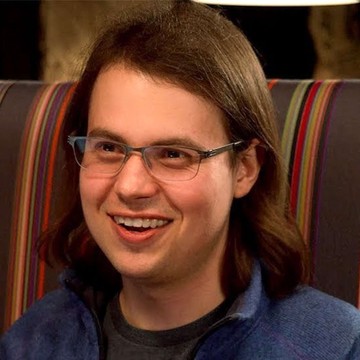
25 snips
Aug 11, 2021 • 1h 33min
#108 – Chris Olah on working at top AI labs without an undergrad degree
Chris Olah, a renowned machine learning researcher known for his work at Google Brain and OpenAI, shares his unconventional journey in the AI field without traditional degrees. He discusses how pursuing passion over credentials can challenge societal norms and reshape educational paths. Topics include the importance of mentorship, the value of clear communication in complex subjects, and innovative strategies for research success. Olah also reflects on personal experiences that blend activism, education, and self-directed learning.

86 snips
Aug 4, 2021 • 3h 9min
#107 – Chris Olah on what the hell is going on inside neural networks
In this engaging discussion, Chris Olah, a machine learning researcher known for his work on neural network interpretability, shares his insights into the complex world of AI. He breaks down how massive models can outperform humans in tasks ranging from diagnosing diseases to writing essays. The conversation delves into pressing issues like AI safety, bias in neural networks, and the emerging concept of 'emotion neurons.' Olah emphasizes the need for better interpretability tools and collaborative efforts to ensure responsible AI development.
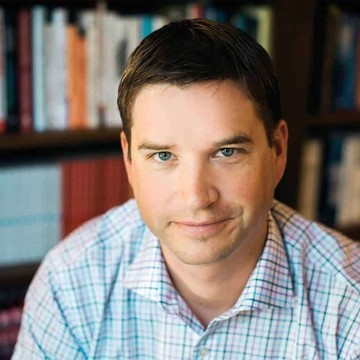
27 snips
Jul 28, 2021 • 1h 53min
#106 – Cal Newport on an industrial revolution for office work
Cal Newport, a computer science professor at Georgetown and best-selling author, dives into the chaos of modern office work. He discusses how email overload disrupts focus, with typical workers checking their inboxes 80 times a day. Newport argues for a radical rethinking of workplace organization to improve productivity, drawing parallels to the industrial revolution in knowledge work. He critiques bureaucratic inefficiencies in academic settings and offers insights on balancing communication methods to create a more effective and less stressful work environment.
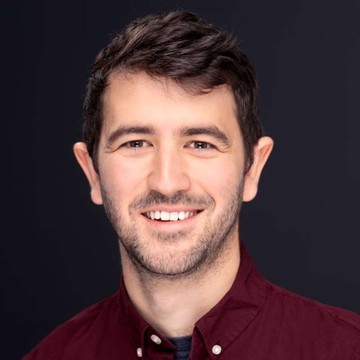
15 snips
Jul 12, 2021 • 2h 55min
#105 – Alexander Berger on improving global health and wellbeing in clear and direct ways
In this engaging discussion, Alexander Berger, Co-CEO of Open Philanthropy and former GiveWell researcher, dives deep into the effective altruism movement. He outlines how strategic philanthropy can address preventable diseases and the complexities of global health initiatives. Berger shares personal insights on his journey into effective altruism, the ethical dilemmas of kidney donation, and balancing immediate health needs with long-term plans. He advocates for an analytical approach to philanthropy that prioritizes meaningful impact in both human and animal wellbeing.


